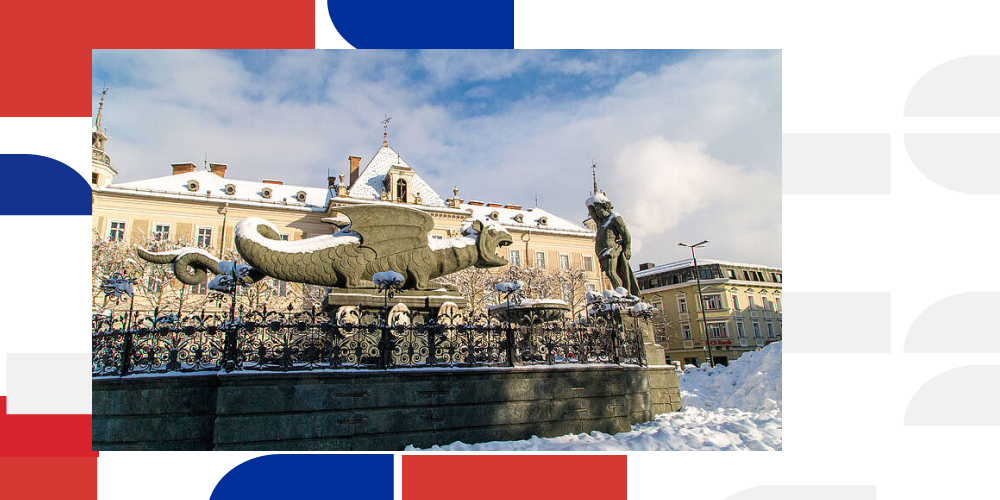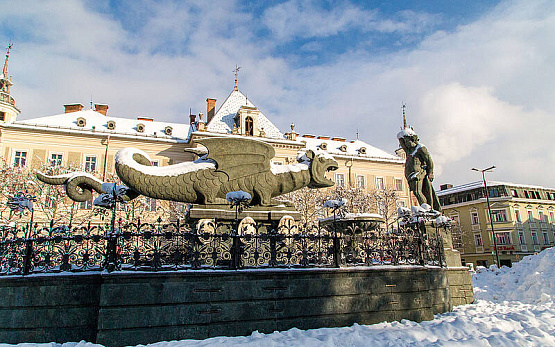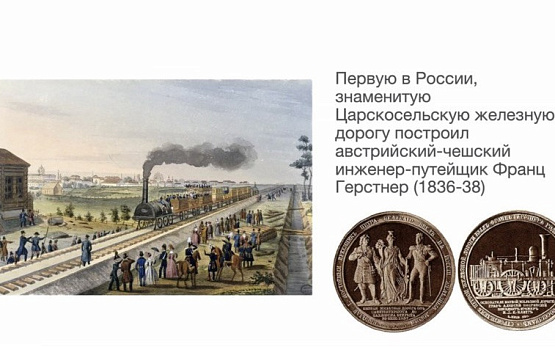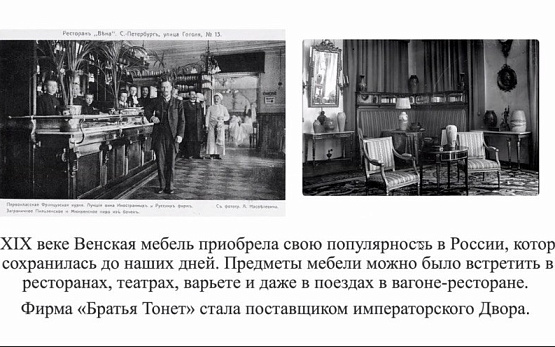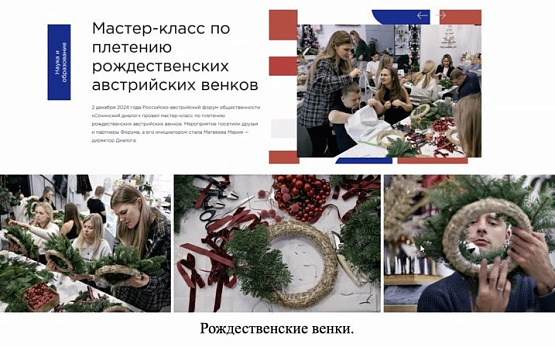On Wednesday, December 11, 2024, with the support of the Russian-Austrian Public Forum “Sochi Dialogue”, Valentina Khlistun gave a lecture for the students of the Russian school “Rusinka” in Klagenfurt, Austria.
Summary
- Start date: 11.12.2024
- End date: 11.12.2024
- RU: Лекция для учащихся школы «Русинка»
- DE: Vortrag für Schülerinnen und Schüler der Rusinka-Schule
- Status: Completed
On Wednesday, December 11, 2024, with the support of the Russian-Austrian Public Forum “Sochi Dialogue”, Valentina Khlistun gave a lecture for the students of the Russian school “Rusinka” in Klagenfurt, Austria.
In the lecture dedicated to the symbiosis of cultures, the lecturer spoke about the importance of cooperation between the countries. She stressed that it is not only the exchange of experience and traditions, but also the centuries-old history of joint life of the two countries, which for many years went hand in hand, cooperating, jointly organizing various events, celebrating holidays. The lecturer gave examples of Austrian architects, such as Johann Friedrich Scharl, who became the creator of the Nikolayevskaya railroad near St. Petersburg, and the famous Austrian composer Johann Strauss, who spent ten seasons in Pavlovsk, not far from the former capital of Russia. The lecture also touched on Viennese balls, which developed as a pastime for high society.
On the eve of the winter holidays, the lecture also touched upon the cultural aspects of Christmas and New Year celebrations. The lecturer noted that in Austria the main holiday is Christmas, while in Russia it is New Year's Eve. The lecturer highlighted the similarities and differences between cultures, emphasizing that despite the differences in traditions, there are many common features - traditions of decorating the Christmas tree, giving gifts.
The lecture turned out to be interesting and useful for all those who study Russian culture and language. Immersion in the traditions of both countries was a tribute to two friendly cultures. The lecturer also plans to popularize this lecture for those who also study Austrian culture in Russia. In this way, the project will become an addition to the image of Austria's cultural traditions in Russia.
